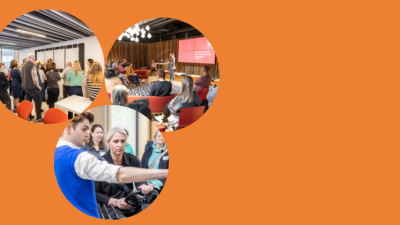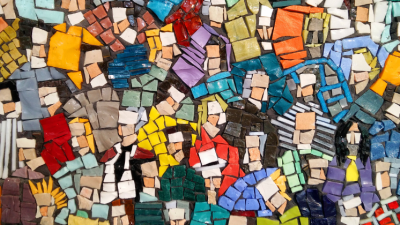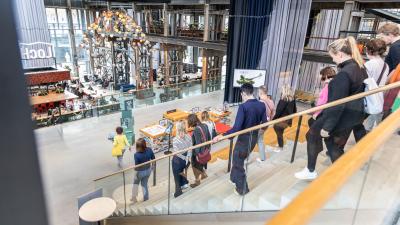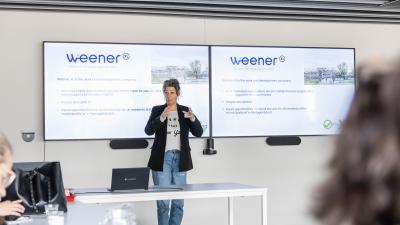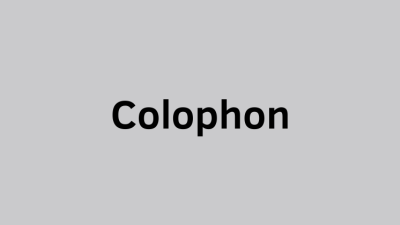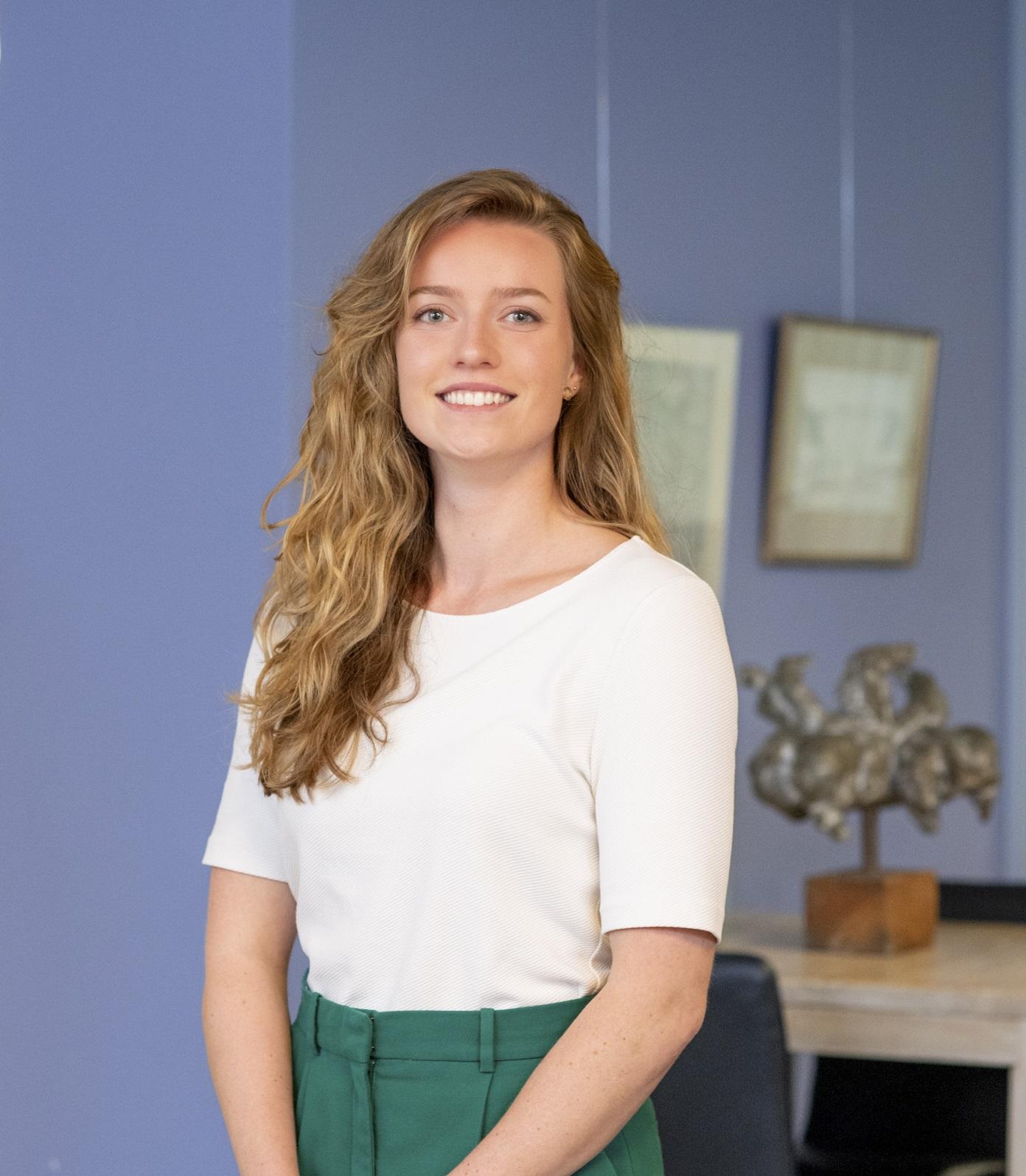The third place
With all its activities, the library is a ‘third place’. Modern libraries are excellent examples of this ‘third place’ in our communities. ‘The concept of the third place is about a social place outside the home, school or work. It is laid-back place where people meet to learn, to talk and to just be there,’ Caroline explains. ‘By providing a social and safe learning environment, with access to technology and cultural activities, the library reinforces its role as a third place. People can feel free to learn, relax and connect here, which facilitates a stronger and more connected society.’
Origin of the concept
The concept of third places was introduced by sociologist Ray Oldenburg in his book The Great Good Place (1989)[1]. Oldenburg defined third places as informal public places where people meet regularly outside their home (first place) and work (second place). Examples are cafes, parks, libraries and coffee shops. These spaces provide opportunities for social interaction and community building and play a crucial role in promoting social cohesion and a sense of belonging within a community. Oldenburg emphasised that third places often have a laid-back and inclusive atmosphere, where people can talk freely and exchange ideas. These places are accessible and welcoming and are characterised by regular visitors who create a kind of ‘home away from home’. They provide a balance between the formal structures of the home and work and serve as important hubs for social networks and civic engagement.
The LocHal as a third place
People who would otherwise not have any options to expand their skills and broaden their horizons can do so here. Different activities cater to different interests. There’s something for everyone. In other words, the environment is designed for the diversity of people and everyone can contribute their own specialism. These are, in turn, also the success factors of the LocHal as a great example of a third place.
- Community: the opportunities for collaboration and involvement of different people.
- Mix of people: People with different experiences and backgrounds come together.
- Learning by doing: Actively learning by trying things out and doing things.
- Experiment: Being able to try out new ideas and seeing what works.
[1] Oldenburg, R. (1989). The Great Good Place: Cafes, Coffee Shops, Bookstores, Bars, Hair Salons, and Other Hangouts at the Heart of a Community. Paragon House.
